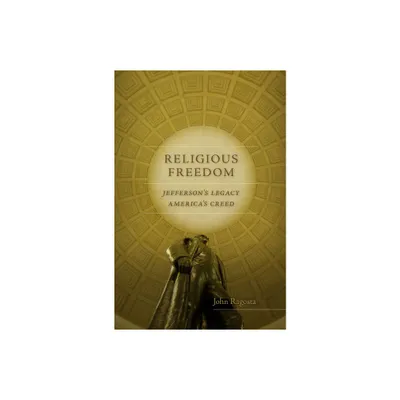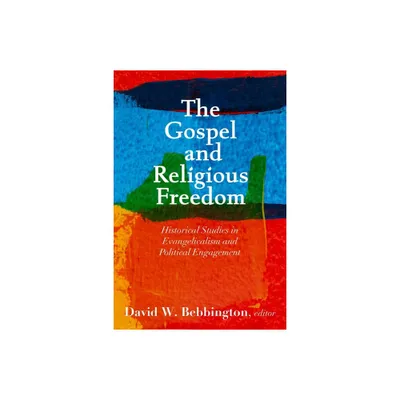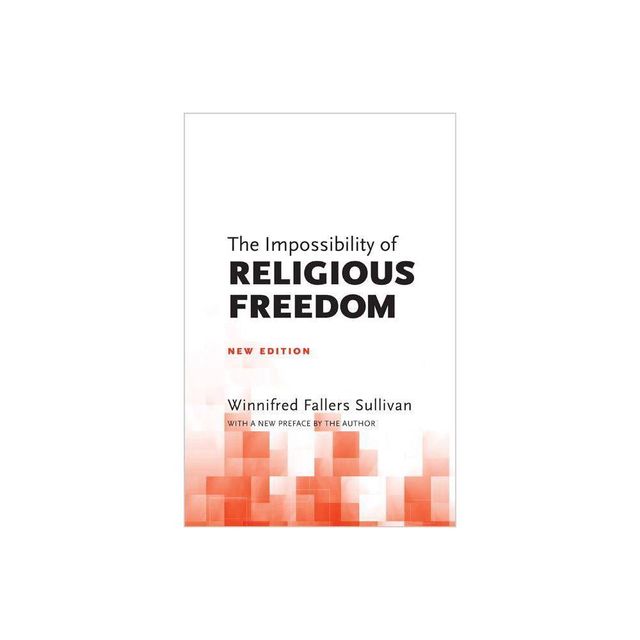Home
Ending Persecution: Charting the Path to Global Religious Freedom
Loading Inventory...
Barnes and Noble
Ending Persecution: Charting the Path to Global Religious Freedom
Current price: $45.00


Barnes and Noble
Ending Persecution: Charting the Path to Global Religious Freedom
Current price: $45.00
Loading Inventory...
Size: OS
*Product Information may vary - to confirm product availability, pricing, and additional information please contact Barnes and Noble
Building on his extensive experience in the U.S. government and as an international human rights lawyer, H. Knox Thames provides fresh, decisive strategies to advance religious freedom for all.
Today, a scourge of religious persecution is impacting every faith community around the globe. In
Ending Persecution: Charting the Path to Global Religious Freedom
, author H. Knox Thames takes readers to some of the world's most repressive countries in the Middle East and Asia, exposing the harsh reality of religious repression. Thames breaks down the devastating litany of human rights abuses faced by religious groups in these countries into four major types of persecution: terrorism in the Middle East, government-sponsored genocides in China and Burma, cultural changes due to extremism in Pakistan, and tyrannical democracy in Nepal and India.
Ending Persecution
recounts the range of tools and policies that the U.S. government has used to encourage reform in repressive governments, leverage U.S. influence for the oppressed, and to reflect the best of American values of diversity, minority rights, and religious freedom. To help the persecuted in the twenty-first century, Thames argues, the United States must revitalize its approach and recommit to ending oppression by supporting coalition building and interfaith tolerance.
Today, a scourge of religious persecution is impacting every faith community around the globe. In
Ending Persecution: Charting the Path to Global Religious Freedom
, author H. Knox Thames takes readers to some of the world's most repressive countries in the Middle East and Asia, exposing the harsh reality of religious repression. Thames breaks down the devastating litany of human rights abuses faced by religious groups in these countries into four major types of persecution: terrorism in the Middle East, government-sponsored genocides in China and Burma, cultural changes due to extremism in Pakistan, and tyrannical democracy in Nepal and India.
Ending Persecution
recounts the range of tools and policies that the U.S. government has used to encourage reform in repressive governments, leverage U.S. influence for the oppressed, and to reflect the best of American values of diversity, minority rights, and religious freedom. To help the persecuted in the twenty-first century, Thames argues, the United States must revitalize its approach and recommit to ending oppression by supporting coalition building and interfaith tolerance.


















